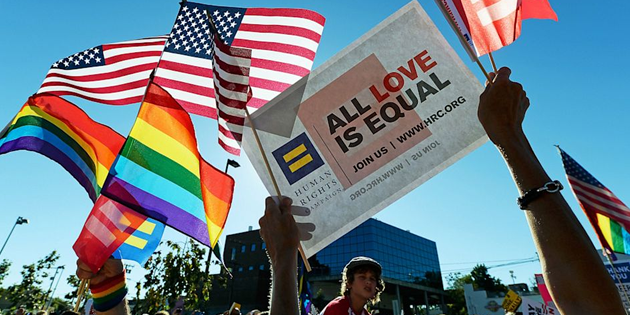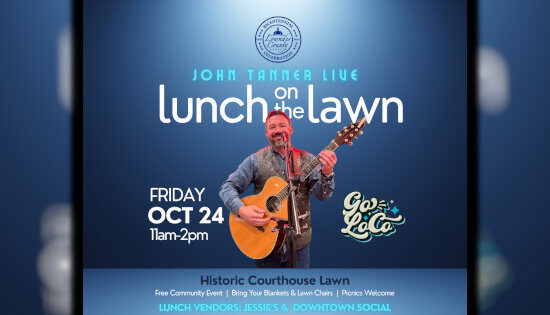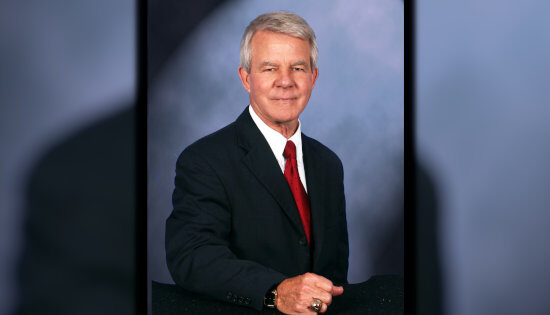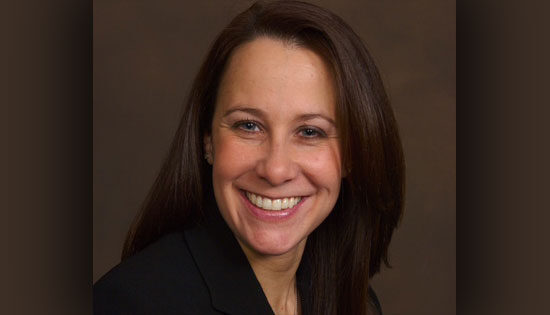As with civil rights, resistance to same-sex marriage will also go the way of history.
Nick Rudnik, Valdosta Today Opinion Contributor
In Ava DuVernay’s 2014 historical drama flick, “Selma,” Martin Luther King, Jr., and other SCLC leaders travel to Selma, Alabama to resist laws that hamper black efforts to register to vote—to access a legal right guaranteed to them in the federal constitution. Perhaps the most understated, poignant scene of the film is King’s first demonstration in Selma at the Dallas County courthouse where King leads local black citizens in a peaceful demonstration. As the protestors symbolically kneel with their fingers interlocked behind their head in the shadow of the courthouse steps, King and segregationist Dallas County sheriff Jim Clark have a heated exchange.
King tells Clark these citizens have traveled to the courthouse to register to vote. Clark dubiously instructs King that there are too many applicants, they must return some other time to register and, when they do, use “the rear” of the building—at the colored entrance. In refusing Clark’s erroneous order, King reminds the sheriff that “segregation is now illegal in this country, sir.” The activists have come to register to exercise their constitutionally guaranteed right to vote and they will do just that.
The entire scene is ominously tense. But it is also deeply powerful. In that moment, King, an articulate black pastor from Atlanta, stares down Clark, a backwater white sheriff from Alabama, and tells him that the day of segregation, inequality, and oppression has passed for both Alabama and the nation.
It’s unlikely that the exchange depicted in “Selma” transpired, verbatim, on the steps of the Dallas County courthouse all those years ago, but you want to believe they did. There was an emotional, almost spiritual, equalizing effect in the black King standing defiantly and telling the white Clark his systematic oppression of African Americans seeking to exercise their rights was forever consigned to the past.
I reflected on this scene from “Selma” when I read of the few county clerks and registrars in the south who have refused to issue marriage licenses to same-sex couples despite the recent Supreme Court ruling, Obergefell v. Hodges, which affirms the legal, constitutional right of same-sex couples to be granted marriage licenses.
Still, there are a handful of pockets of resistance to Obergefell. These county clerks who have yet to issue civil marriage licenses to same-sex couples have argued that their religious beliefs prevent them from fulfilling their legal obligations.
In Rowan County, Kentucky, the clerk, Kim Davis, is one of these recalcitrant public officials. Last week, video surfaced of her refusal to issue a marriage license to two gay, longtime Rowan County residents. David V. Moore and his fiancé went to the courthouse armed with the Supreme Court ruling and a letter from Kentucky Governor Steve Beshear ordering clerks to carry out the court’s order and the federal constitution. But, as with the case of King and his cohort at the Dallas County courthouse, that was not enough. Mr. Moore and his fiancé were refused service that day.
Indeed, small pockets of resistance to Obergefell are just that: small pockets. But it is nonetheless quite troubling. The story of our democracy is one of ever-expanding positive liberty. Throughout our history, we’ve expanded social and political rights to an increasing number of minority groups. Usually, as with the case of same-sex marriage, there’s resistance to social change. I understand change is oftentimes difficult—particularly when it conflicts with our closely held beliefs.
But if we are a nation of laws and civil order, our public officials must uphold our laws, even if they don’t agree with them. After all, county clerks have no discretion on interpreting or discerning which laws they’ll execute and which they will not. In the case of civil rights for African Americans, change took nearly a century, and many issues still persist today. With gay marriage, I don’t think the struggle will endure so long, nor will it take a series of successive court rulings and congressional legislation.
I also wondered about Kim Davis, the Rowan County clerk. I wondered if her Christian beliefs have ever prevented her from issuing divorce paperwork. Or, if Davis ever balked at remarrying traditional couples two, three, or more times. Traditional Christian teachings would forbid these matrimonial arrangements as well.
Here we find the resistance of these clerks not to be necessarily religious, but discriminatory against homosexual couples. In the American experience, the narrative of expansive liberty is nearly as constant as resistance to it—same-sex marriage is no exception. Soon, a court or a state executive will once and for all remind these clerks, much like King iterated to Jim Clark, that the denial of same-sex marriage licenses is now illegal in this country.
How long? How long will it be until this maelstrom of controversy becomes consigned to the annals of our history? King has an answer for this too: “not long.” Not long.
 Nicholas A. Rudnik is currently pursuing a degree in political science with a concentration in American politics at Valdosta State University. Previously, he’s served as a congressional page in the U.S. House of Representatives during the 111th Congress and in the Office of U.S. Congressman Sanford Bishop. Further, Nick has served on staff at an institutional interest group, the Association of American Law Schools, in Washington and has worked in the private sector. He has presented his research, focused primarily on congressional parties and elections, at regional academic conferences and hopes to pursue a graduate degree in political science. Nick is currently completing two manuscripts relating to southern congressional elections and judicial decision-making in the area of campaign finance; he can be contacted via e-mail at narudnik@valdosta.edu. Follow Nick on Twitter: @NickRudnik.
Nicholas A. Rudnik is currently pursuing a degree in political science with a concentration in American politics at Valdosta State University. Previously, he’s served as a congressional page in the U.S. House of Representatives during the 111th Congress and in the Office of U.S. Congressman Sanford Bishop. Further, Nick has served on staff at an institutional interest group, the Association of American Law Schools, in Washington and has worked in the private sector. He has presented his research, focused primarily on congressional parties and elections, at regional academic conferences and hopes to pursue a graduate degree in political science. Nick is currently completing two manuscripts relating to southern congressional elections and judicial decision-making in the area of campaign finance; he can be contacted via e-mail at narudnik@valdosta.edu. Follow Nick on Twitter: @NickRudnik.











